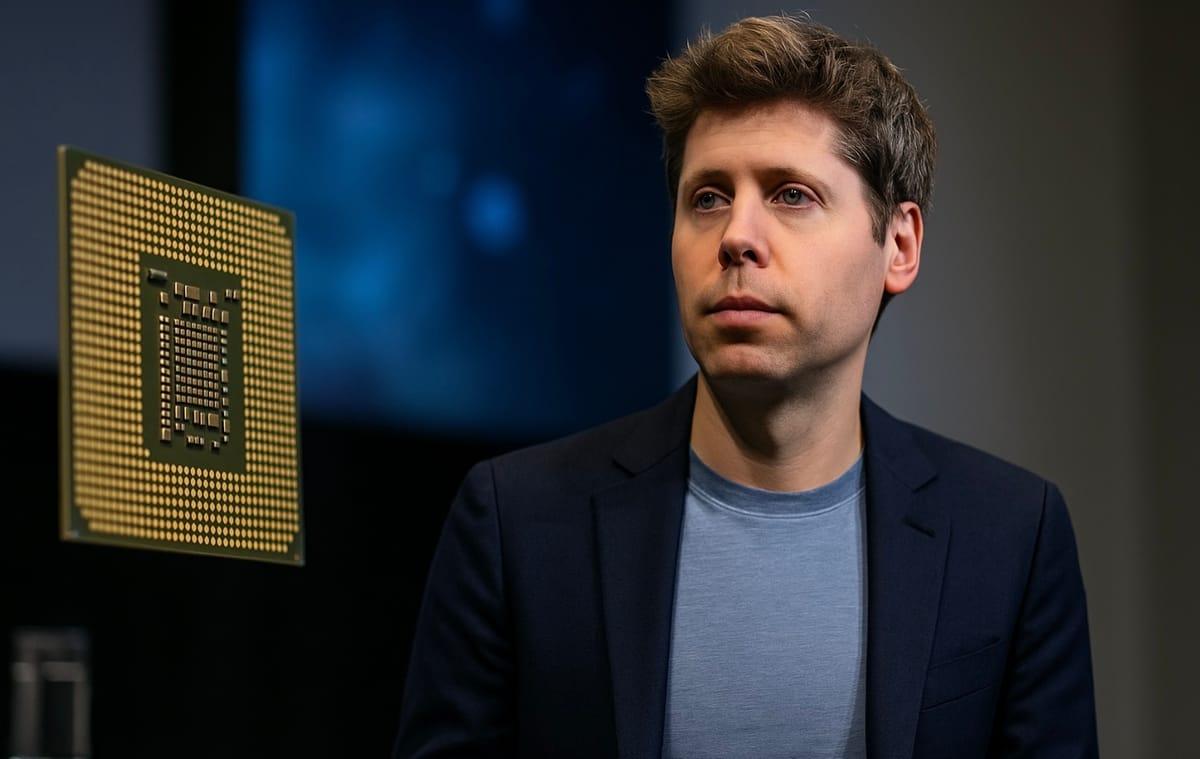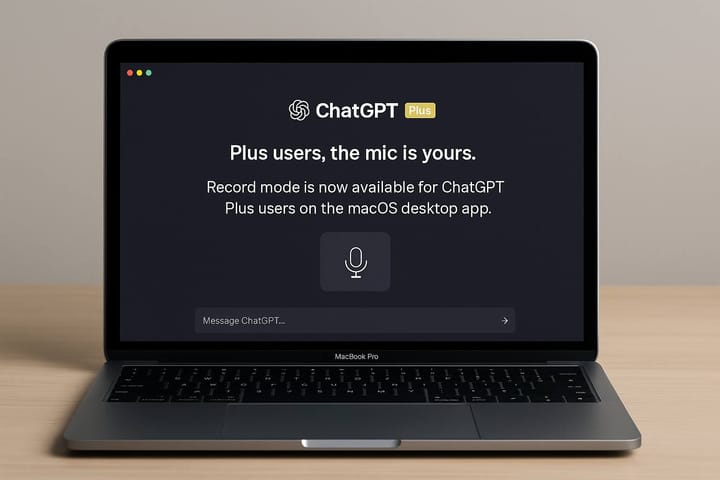OpenAI Raises $40 Billion, Major Acquisition and Internal Chip Development Ahead of GPT‑5 Launch
OpenAI raises $40 billion, acquires Windsurf, and develops Broadcom-TSMC chips as the foundation for a revolutionary GPT‑5.

OpenAI has once again captured the world’s attention with a series of unprecedented strategic moves. The San Francisco-based artificial intelligence company has officially raised $40 billion in funding, catapulting its valuation to $300 billion after a massive investment round led by SoftBank. On top of that, OpenAI has completed a $3 billion acquisition of Windsurf and is preparing to launch its own internally designed chips through partnerships with Broadcom and TSMC. These bold maneuvers are widely seen as laying the groundwork for the launch of GPT‑5, the next-generation AI model predicted to reshape the global tech landscape.
The Largest Funding in AI Startup History
OpenAI’s move to secure $40 billion in funding marks a new milestone in the history of artificial intelligence startups. Japanese investment giant SoftBank led the round, committing up to $30 billion. Other investors included Microsoft, Coatue, Altimeter, and Thrive. The remaining funds came from global investors who believe in OpenAI’s vision as a pioneer of future AI.
With its post-funding valuation soaring to $300 billion, OpenAI now stands shoulder-to-shoulder with, and even surpasses, major companies like Chevron. Not only is this the largest technology funding round of the year, but it also demonstrates the industry’s confidence in the future of generative AI.
OpenAI plans to use these funds for three main areas: advanced AI research and development (including GPT‑5), building new data center infrastructure and internal chips, and integrating products for ChatGPT’s 500 million weekly active users. With a staged funding disbursement strategy, OpenAI is also ensuring sound corporate governance as it transitions to a full-profit corporate structure.
Windsurf Acquisition: Ushering in a New Era of AI Coding
Beyond the major funding news, OpenAI has officially acquired Windsurf (formerly Codeium) for $3 billion. This acquisition is considered a strategic move that elevates OpenAI’s position within the AI-driven software development ecosystem.
Windsurf is best known for products like Cascade (AI-powered debugging), Previews (live coding preview), and an IDE with a natural language interface. These products will be integrated into the ChatGPT ecosystem, enabling developers to code end-to-end with AI—from writing code and debugging to deployment. This positions OpenAI not just as a language model company but as the owner of the world’s most comprehensive developer software ecosystem.
By acquiring Windsurf, OpenAI has expanded its capabilities, particularly in AI coding tools and the efficient integration of hardware and software.
OpenAI’s Internal Chips: Broadcom and TSMC Collaboration
OpenAI has also announced a strategic partnership with Broadcom and TSMC to develop custom internal chips designed specifically for the next generation of AI. These chips will be used for both training and inference, primarily targeting a reduction in dependence on Nvidia GPUs that have long dominated the AI market.
This partnership enables OpenAI to build a more efficient and scalable computing infrastructure, supporting the expansion of its Stargate data centers and providing the foundation for GPT‑5’s performance. This custom chip technology also allows OpenAI to have full control over operating costs while increasing system speed and reliability.
Towards GPT‑5: A New Era of Artificial Intelligence
Armed with massive funding, advanced chip infrastructure, and a world-class coding ecosystem, OpenAI is now at the peak of readiness to launch GPT‑5. The upcoming model promises advanced reasoning capabilities, more natural responses, and full integration with modern developer tools. GPT‑5 is also expected to leap forward in AI applications for business, research, and daily life.
The combination of funding, strategic acquisitions, and internal hardware-software development proves that OpenAI is not just a pioneer in generative AI, but also a major player in the global AI revolution.





Comments ()